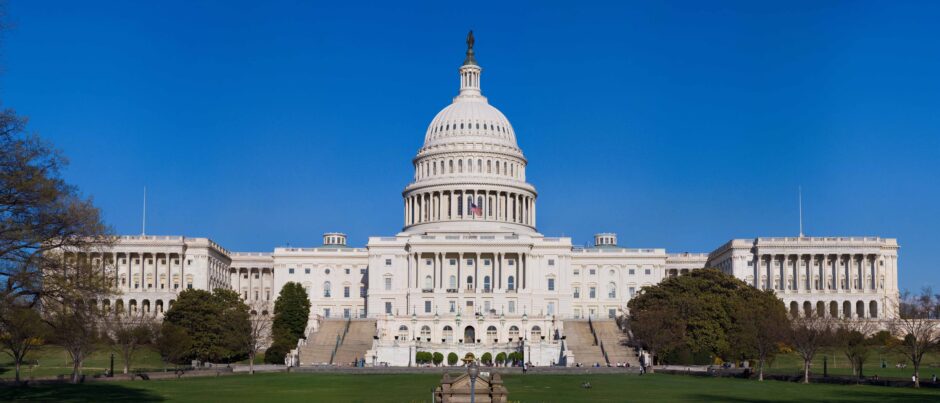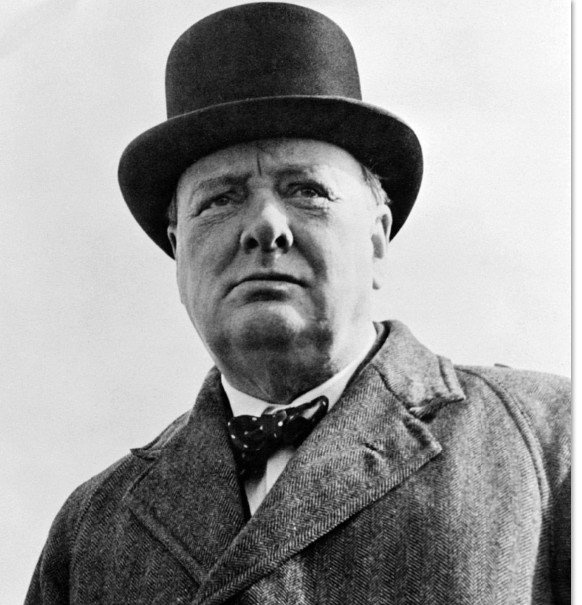Democracy—government of the people by the people! It makes so much sense, why would anyone argue with it?
It was developed as a system of government in classical Greece, but it was only relatively recently that it took serious hold. During the European Enlightenment in the 18th Century, philosophers sought to improve society by an emphasis on the individual, rather than the monarchy or the church; the French and American revolutions challenged traditional authorities; and the rise of liberalism promoted the individual freedoms and rights of ordinary people. Now, democracy is the dominant form of government in the world. It’s seen as enlightened and progressive. People who live under authoritarian governments yearn and fight for it. Democratic states view it as self-evidently right to seek to impose it on other states where it does not yet exist.
You might be surprised to learn what God thinks of democracy.
Rebellion in the Wilderness
The Bible story belongs to an age which was generally dominated by authoritarian rulers—kings and chiefs. But there is one episode in the Bible in which we perhaps see the democratic spirit fully flowering (long before the Greeks invented it). The account is in Numbers 16.
The nation of Israel was travelling through the wilderness, from Egypt to the Promised Land. God made a covenant with them that He would be their God and they would be His people (Exodus 6:7); He gave them a Law, and instructions for their life and worship, and He looked after them (Deuteronomy 8:4). Moses was their leader, and Aaron was their priest. But the journey was long, and the people became disgruntled. Some of the chief men banded together, drummed up a following, and confronted their leaders:
They assembled themselves together against Moses and against Aaron and said to them, “You have gone too far! For all in the congregation are holy, every one of them, and the Lord is among them. Why then do you exalt yourselves above the assembly of the Lord?” (Numbers 16:3).
They accused Moses of authoritarianism. They advocated the freedom of the individual, and equal rights for all to participate in the nation’s government. But they’d got it wrong. God had chosen Moses to be their leader, and He demonstrated His choice by killing the rebels.
The fact was that Moses was not actually the nation’s leader—he was doing the job God had given him. Their leader was God Himself.
‘I will walk among you and will be your God, and you shall be my people’
(Leviticus 26:12).
The principle of democracy assumes that people are capable of wise self-government. The Bible disagrees with this. ‘The heart is deceitful above all things, and desperately sick; who can understand it?’
(Jeremiah 17:9).
Example of Israel
Many nations and empires came and went while the Bible was being written. Some were more powerful, more successful, more benign than others. The Bible does not pass comment on the value of their governance. Its focus is on just one nation—Israel—and its evaluation of their success or otherwise is based on their godliness. This tended to depend on their leadership. Their story provides a worked example of successful and unsuccessful government.
Following Israel’s conquest of the Promised Land, there was a period in which ‘there was no king in Israel. Everyone did what was right in his own eyes’ (Judges 17:6). The book of Judges makes depressing and sometimes revolting reading.
After the time of the Judges, Israel was ruled by kings. The most celebrated and illustrious king was David, whom God called ‘a man after his own heart’ (1 Samuel 13:14). Under his rule the nation flourished, spiritually and materially. After him, his son Solomon ruled on the ‘throne of the Lord as king’ (1 Chronicles 29:23). God was the actual ruler of the nation.
But the spiritual tone of the nation declined, as its kings wandered away from God. Some were better than others, and in their reigns the decline was slowed; but eventually God gave the nation over to be destroyed. He said to the last king, ‘Thus says the Lord God: Remove the turban and take off the crown. Things shall not remain as they are. Exalt that which is low, and bring low that which is exalted. A ruin, ruin, ruin I will make it. This also shall not be, until he comes, the one to whom judgment belongs, and I will give it to him’
(Ezekiel 21:26–27).
That future king is of course Jesus Christ—of whom it was said, ‘the Lord God will give to him the throne of his father David’ (Luke 1:32). His return to establish God’s Kingdom on earth was a central theme of his preaching (Luke 4:43), and is the theme of many Bible prophecies (for example Psalm 72). It will be the culmination of world history. A time of worldwide peace and prosperity, under strict, authoritarian, godly rulership (Micah 4:1–3).
The British prime minister Sir Winston Churchill once told Parliament, “Democracy is the worst form of Government except for all those other forms that have been tried from time to time.” It may be fair to say that democracy is the best form of government available in this present age. But it is fundamentally flawed, it’s doomed to failure, and some day soon it will be replaced by something much better.

Chris Parkin


